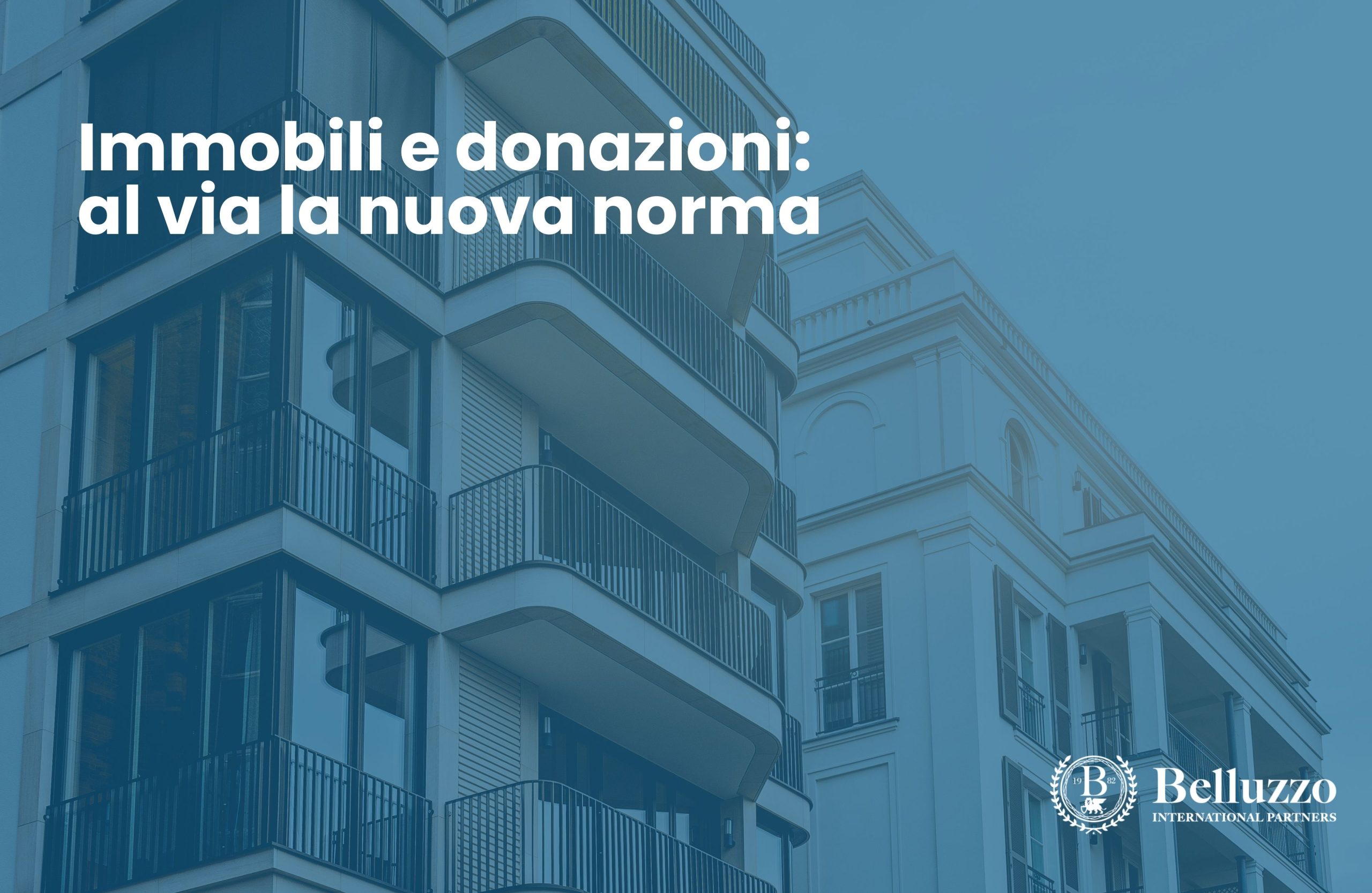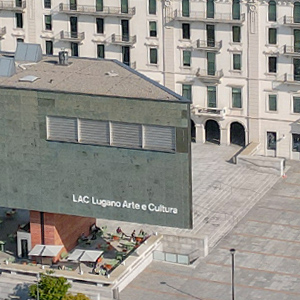

On 26 November 2025, Parliament definitively approved the reform governing the circulation of real estate derived from donations (Article 44 of the Simplification Bill). This is a highly significant development, as it replaces and modernises the previous rules set out in Article 563 of the Italian Civil Code. Under the former regime, a forced heir whose reserved share had been infringed could bring an action for restitution not only against the donee (the beneficiary of the donation), but also directly against third parties who had acquired the donated property.
Although, in practice, there have been very few successful cases of such restitution actions, this framework generated considerable uncertainty in the real estate market—especially when taking out a mortgage or attempting to resell the property—making these assets difficult to transact.
The reform introduces a new system of protection for forced heirs based on financial compensation, eliminating the risk that heirs could reclaim the property from subsequent purchasers. In summary, the main developments are:
— Protection for third-party purchasers
It will no longer be possible to request the restitution of donated property from third parties who have purchased it, provided their acquisition was registered before the forced heir’s action for reduction was recorded.
In other words, if a third party has purchased the donated property and registered the deed in the land registry before the disadvantaged heir has registered their claim, that third-party purchaser is protected and cannot lose the property.
— Right to compensation for forced heirs
Forced heirs whose reserved share has been infringed will now have a monetary claim against the donee. The donee must compensate the heirs in cash to the extent necessary to restore their reserved share.
In practice, the disadvantaged heir will receive an amount equivalent to the value owed to them, rather than seeking the return of the property itself.
— Insolvent donee
If the donee is wholly or partially insolvent and has already transferred the property free of charge (for example, by donating it again to another party), the person who received the property gratuitously must compensate the forced heirs in cash, up to the amount of the economic benefit they obtained from that transfer.
Below is the full text of the newly amended Article 563 of the Civil Code (Effects of the reduction of donations):
“The reduction of a donation, without prejudice to the provisions of no. 1) of the first paragraph of Article 2652, does not prejudice third parties to whom the donee has transferred the donated immovable property, without affecting the donee’s obligation to compensate the forced heirs in cash to the extent necessary to restore the reserved share. If the donee is wholly or partly insolvent, the person who received the property free of charge is required to compensate the forced heirs in cash up to the value of the benefit received. The same provisions apply in the case of the transfer of movable property, subject to the provisions of no. 1) of the first paragraph of Article 2690.”
In conclusion, while the protection of forced heirs is maintained, the reform frees up the circulation of real estate originating from donations. Under the new system, anyone purchasing a property that the seller originally received by donation can be certain that they will not be required to return it in the future—overcoming the distrust that has long surrounded the sale of such assets.
The reform significantly expands opportunities for estate and wealth planning. Families can now make lifetime gifts of real estate with far greater confidence, knowing that any subsequent acquisitions by third parties will no longer be exposed to future uncertainty. Forced heirs continue to be protected, but their rights will now be satisfied through financial compensation, without paralysing transactions carried out during the donor’s lifetime.
Our Firm, through its Wealth Planning & Family Governance department—consistently attentive to regulatory developments and actively engaged with the academic and professional communities—welcomes this important legislative innovation.
For further clarification or discussion, your usual contacts remain fully available to provide support and any additional guidance you may require.








